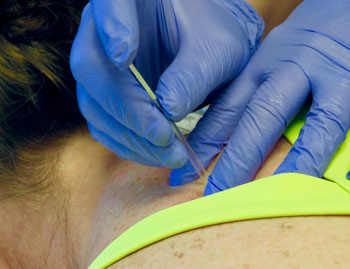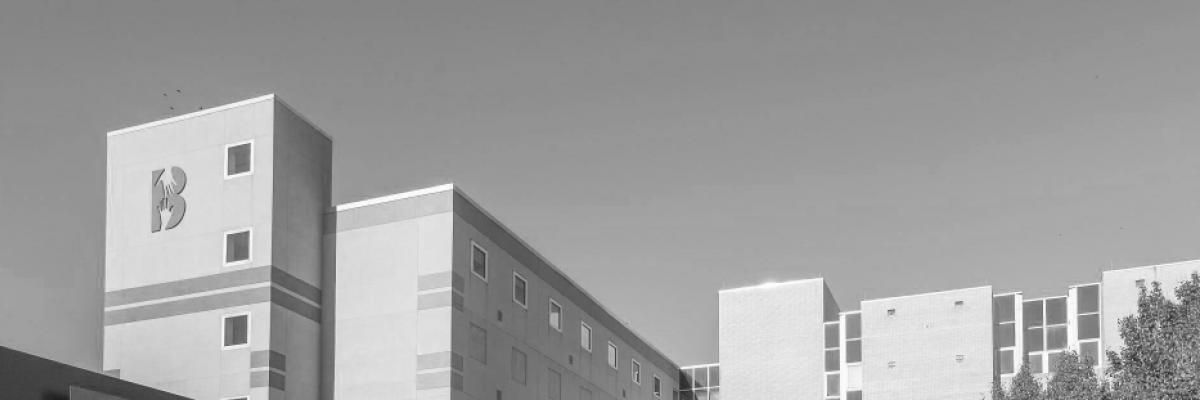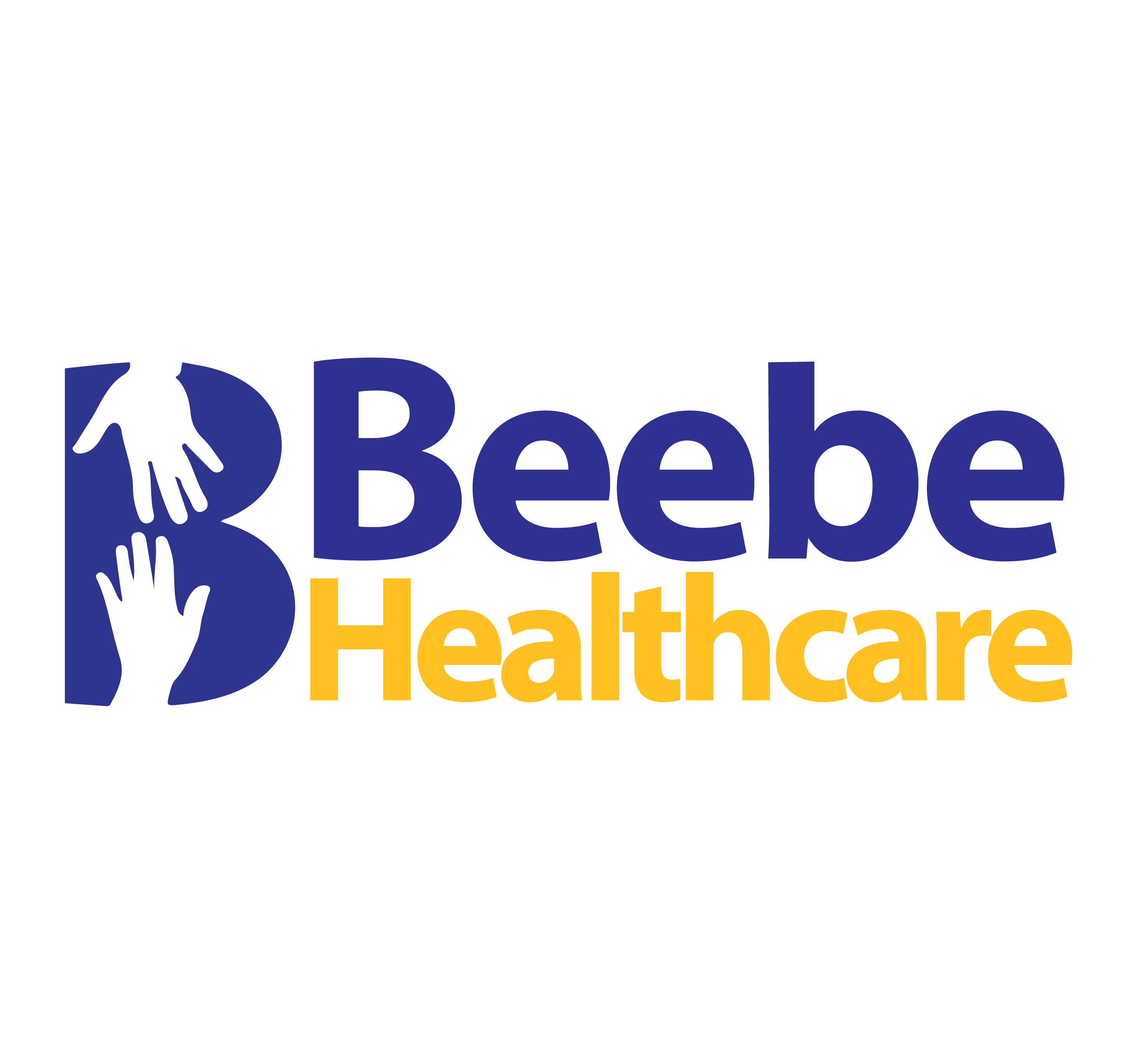
Do you suffer from acute and chronic pain? Have you tried other therapies to reduce your pain and haven't found relief?
Beebe Physical Rehabilitation Services offers dry needling as a non-opioid method of pain relief. We hope this page serves as a resource to help you better understand what dry needling is and how it might help ease your pain.
Make your appointment today: (302) 645-3933.
Dry needling is performed with the goal of releasing or inactivating trigger points to relieve pain or improve range of motion. Research studies support that dry needling improves pain control, reduces muscle tension, and normalizes dysfunctions of the motor end plates (sites at which nerve impulses are transmitted to muscles). This can help speed up your return to active rehabilitation and recovery of function/mobility.
When dry needling is utilized by physical therapists it is typically one technique that is part of a larger, more comprehensive individualized treatment plan.
Commonly Asked Questions
Dry needling is a technique physical therapists use for the treatment of pain and movement impairments. The technique uses a “dry” needle (a needle without medication or injection) inserted through the skin into areas of our muscles known as “trigger points.”
A trigger point is a taut band of skeletal muscle located within a larger muscle group. Trigger points have different structural, chemical, and electrical properties than normal healthy muscle and are often tender to the touch. Palpating, or touching a trigger point, may cause referred pain to surrounding areas.
Dry needling technique should not be confused with an acupuncture treatment performed by a licensed acupuncturist. Dry needling is based on modern Western medicine principles and anatomy.
Dry needling involves a thin filiform needle that penetrates the skin and stimulates underlying myofascial trigger points and muscular and connective tissues.
Beebe Physical Rehabilitation services currently have physical therapists trained and certified in dry needling at all of our outpatient locations: Georgetown, Millville, and Rehoboth.
If you have additional questions or wish to make an appointment, please call (302) 645-3933.


